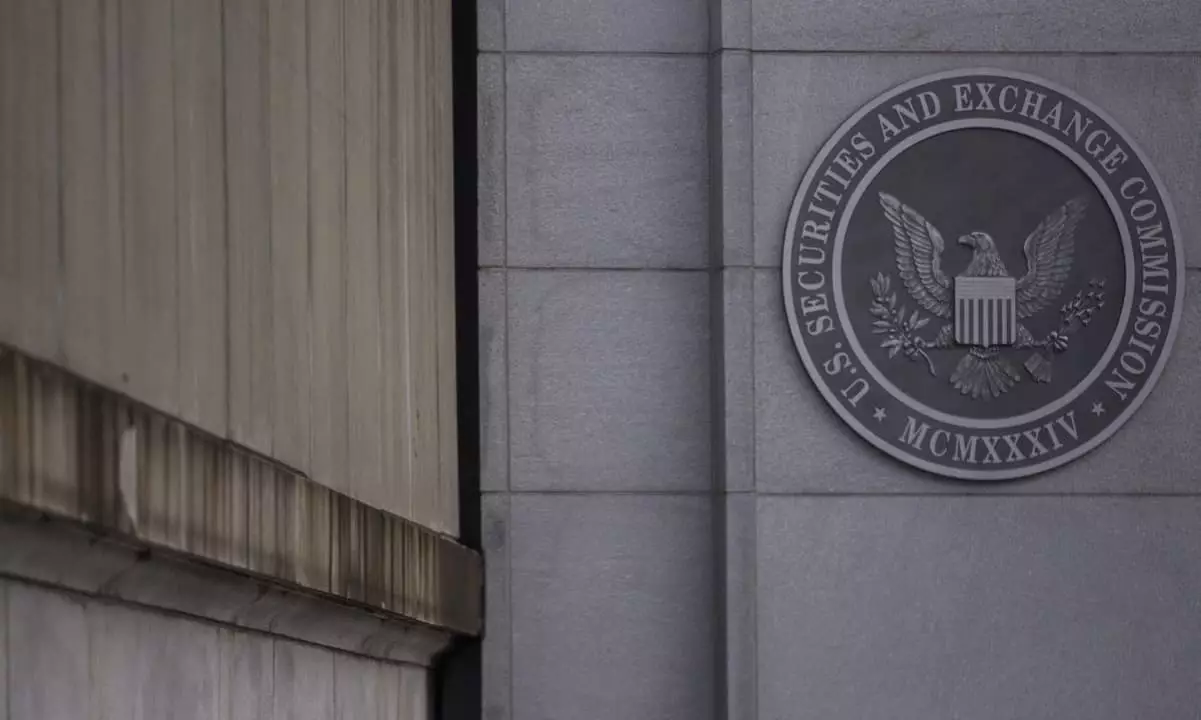The resignation of Gurbir Grewal, the Director of Enforcement at the U.S. Securities and Exchange Commission (SEC), has sent ripples through the financial and legal communities. Announced on October 2 and set to take effect on October 11, 2024, Grewal’s decision to step down comes at a tumultuous time for the SEC, particularly as it pursues an appeal in its significant legal battle against Ripple Labs. This unexpected announcement has prompted various interpretations and speculations regarding its implications, primarily due to its proximity to pivotal regulatory activities.
Legal experts and crypto analysts have raised an eyebrow at the abrupt timing of Grewal’s resignation, which arrives just hours before the SEC is expected to file its appeal in the Ripple case. Prominent crypto attorney Jake Chervinsky has noted the unusual nature of such a simultaneous exit and legal maneuver, suggesting it raises questions about the SEC’s internal dynamics as well as the future trajectory of its regulatory agenda. Chervinsky’s comments, made on social media platform X, encapsulate a widespread unease regarding the ongoing enforcement policies of the SEC, hinting that Grewal’s resignation could be an indicator of changing priorities within the agency.
The SEC’s ongoing case against Ripple is not merely a legal squabble; it embodies broader issues affecting the entire cryptocurrency landscape. The case centers around the classification of XRP, Ripple’s cryptocurrency, and whether its sales constituted an illegal securities offering. The recent filing of an appeal by the SEC raises crucial questions about the regulatory framework for cryptocurrencies and their compliance with existing securities laws. Speculations abound regarding the appeal’s focus, whether it will challenge the court’s ruling on programmatic sales of XRP or the financial penalties imposed on Ripple.
The SEC’s decision to appeal has attracted significant backlash. Jeremy Hogan, another lawyer monitoring the Ripple situation closely, has critiqued the SEC’s strategy, labeling it potentially detrimental. Hogan’s analysis suggests that the organization may be overstepping its bounds, as the likelihood of winning the appeal appears lower than anticipated, especially given the nuanced, fact-dependent nature of Judge Torres’ earlier ruling. Many analysts wonder if rushing into an appeal aligns with the SEC’s longer-term regulatory goals or merely represents a tactical miscalculation in the face of an evolving financial landscape.
The transitional leadership within the SEC, with Sanjay Wadhwa stepping in as interim director, adds another layer of uncertainty. Wadhwa’s extensive experience could influence how the agency navigates its pressing legal dilemmas, particularly those surrounding cryptocurrencies. Meanwhile, Ripple’s potential invocation of “Blue Sky” defenses—states’ rights in regulating securities—could disrupt the Federal framework the SEC seeks to enforce. This situation highlights the critical intersection of federal authority and state laws, potentially redefining the SEC’s role in cryptocurrency regulation.
Gurbir Grewal’s resignation is not merely a change in personnel; it represents a pivotal moment for the SEC during a time of significant scrutiny over its policies and actions in the fast-evolving world of cryptocurrencies. As the agency navigates the complexities of the Ripple case and its implications for broader regulatory practices, stakeholders across the financial landscape will be watching closely. With heightened scrutiny and a dynamic regulatory environment, both the SEC and Ripple are at a crossroads that could reshape the future of cryptocurrency regulation in the United States.

